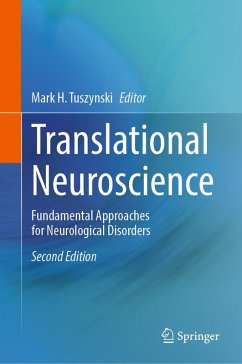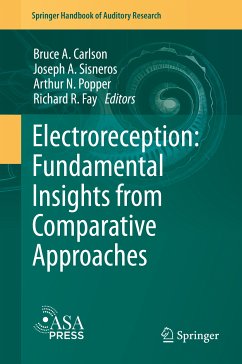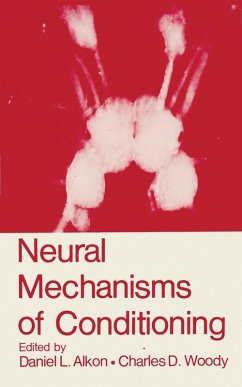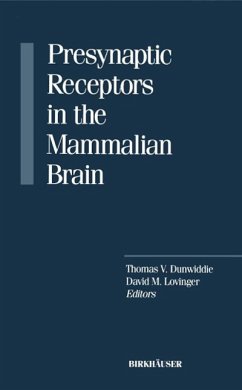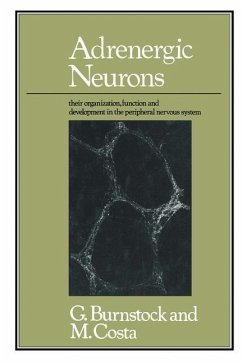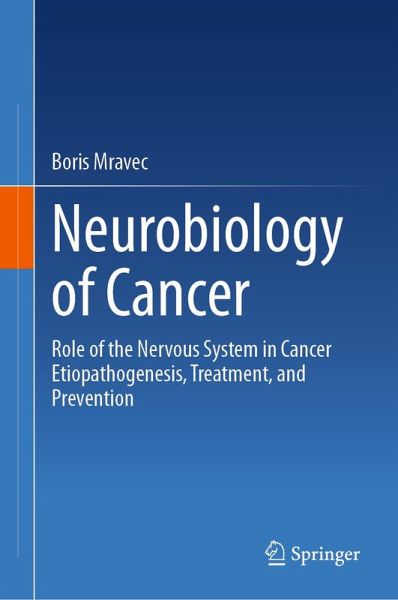
Neurobiology of Cancer (eBook, PDF)
Role of the Nervous System in Cancer Etiopathogenesis, Treatment, and Prevention
Versandkostenfrei!
Sofort per Download lieferbar
120,95 €
inkl. MwSt.
Weitere Ausgaben:

PAYBACK Punkte
60 °P sammeln!
The focus of this book is to describe the current understanding of the interactions between the nervous system and cancer and the use of this information in the treatment and prevention of cancer. Author and noted researcher Boris Mravec presents a clearly written and well-illustrated monograph on this rapidly developing new field. The book begins with an exploration of the basic concepts supporting the neurobiology of cancer, discusses the ways in which the nervous system affects all the hallmarks of cancer, delves extensively into stress and cancer, covers the etiopathogenetic consequences o...
The focus of this book is to describe the current understanding of the interactions between the nervous system and cancer and the use of this information in the treatment and prevention of cancer. Author and noted researcher Boris Mravec presents a clearly written and well-illustrated monograph on this rapidly developing new field. The book begins with an exploration of the basic concepts supporting the neurobiology of cancer, discusses the ways in which the nervous system affects all the hallmarks of cancer, delves extensively into stress and cancer, covers the etiopathogenetic consequences of the neurobiology of cancer, the implications for cancer prevention and treatment, and looks at future directions in the field.
Dieser Download kann aus rechtlichen Gründen nur mit Rechnungsadresse in A, B, BG, CY, CZ, D, DK, EW, E, FIN, F, GR, HR, H, IRL, I, LT, L, LR, M, NL, PL, P, R, S, SLO, SK ausgeliefert werden.



